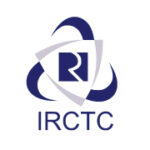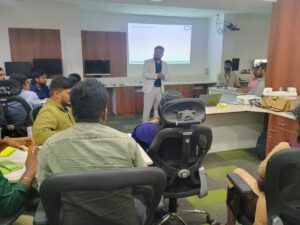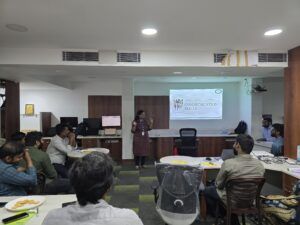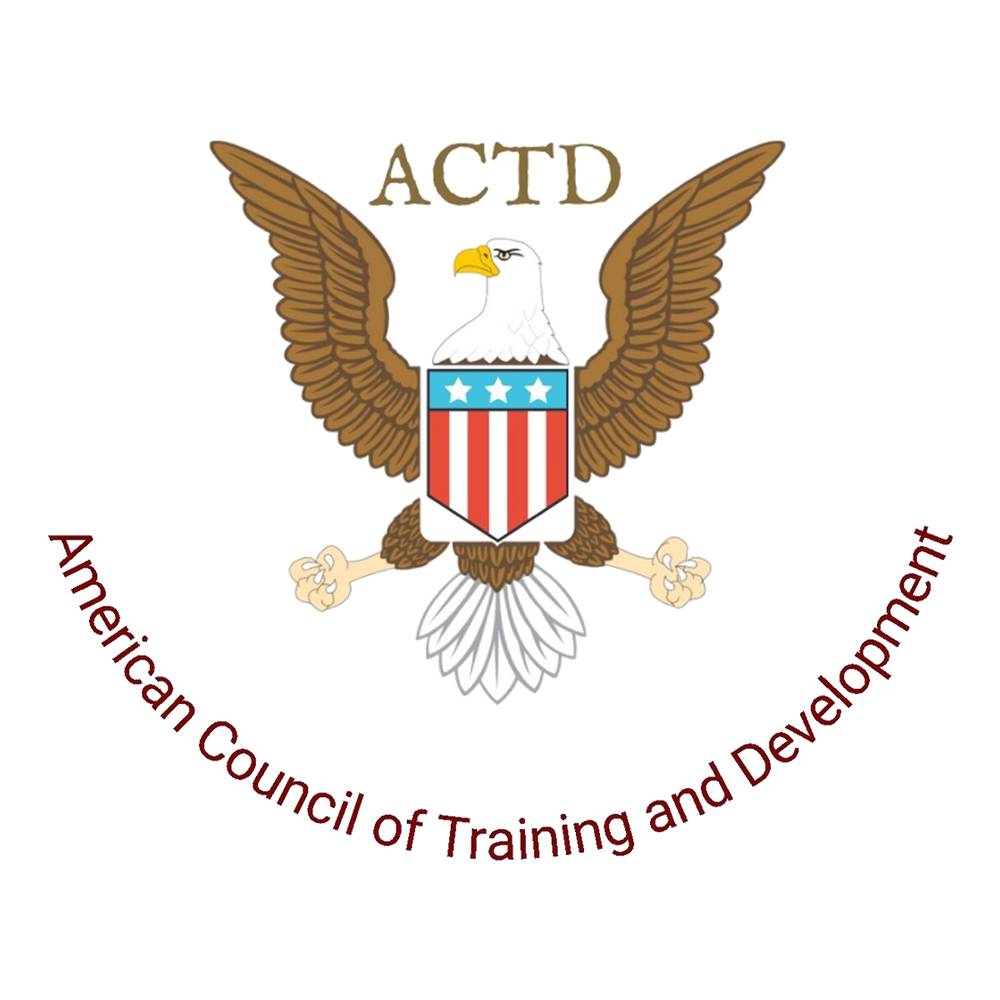SOFT SKILLS TRAINING FOR CORPORATES & MSMES
TRAIN YOUR EMPLOYEES ON SOFT SKILLS! BOOST YOUR PRODUCTIVITY AND PROFITABILITY! CALL ACTION DNA FOR YOUR TRAINING NEEDS!

Explore Our Centres
Why Soft Skills ?

LinkedIn says when employees communicate better, work together more effectively, and understand customers' needs, it leads to better outcomes for the business.

Harvard University suggests that when employees have strong communication skills, can adapt to change, and work well in teams, it creates a more innovative and successful organisation.

Hay Group believes that when leaders can motivate and inspire their teams, and when employees can collaborate and solve problems together, it leads to higher productivity and better results for the company.

SHRM says that when employees have the right soft skills, like problem-solving and emotional intelligence, they can handle challenges more effectively and contribute more to the company's success
Soft skills training from ACTION DnA

Personality development
Focuses on self-awareness, self-confidence, and personal growth to enhance one's overall personality.

Public Speaking Skills
Helps individuals develop confidence, clarity, and persuasiveness in delivering speeches or presentations to large audiences.

Business English
Enhances English language proficiency specifically tailored for professional settings, including writing, speaking, and vocabulary.

Communication Skills
Covers verbal and non-verbal communication techniques to effectively convey messages and interact with others.

Leadership Skills
Equips individuals with the necessary skills and qualities to lead teams, inspire others, and drive organisational success.

Selling Skills
Provides strategies and techniques for successful selling, including prospecting, pitching, and closing deals.

Negotiation Skills
Teaches effective negotiation strategies, conflict resolution, and the art of reaching mutually beneficial agreements.

Interpersonal Skills
Focuses on building positive relationships, active listening, empathy, and conflict resolution in various social and professional contexts.

Teamwork
Enhances collaboration, cooperation, and synergy within teams to achieve common goals and objectives.

Customer Relationship Management
Helps individuals develop strategies for building and maintaining strong relationships with customers, ensuring satisfaction and loyalty.

Conflict Management
Equips individuals with skills to identify, address, and resolve conflicts constructively in both personal and professional environments.

Time and Stress Management
Provides techniques for prioritising tasks, managing time effectively, and coping with stress to maintain productivity and well-being.

Train the Trainer
Prepares individuals to become effective trainers by teaching instructional techniques, presentation skills, and adult learning principles.

Goal Setting
Guides individuals in setting SMART (Specific, Measurable, Achievable, Relevant, Time-bound) goals and developing action plans to achieve them.

Presentation Skills
Enhances creating and delivering engaging presentations by structuring content, using visual aids, and engaging the audience effectively.

Influencing & Persuasion
Guides individuals in mastering techniques to influence others effectively and persuade them to take desired actions.

Coaching & Mentoring
Empowers individuals to guide, support, and develop others by applying effective coaching and mentoring techniques.

Creative Thinking & Problem Solving
Guides individuals in developing innovative thinking and practical problem-solving skills to tackle challenges effectively.

Critical Thinking
Empowers individuals to think logically, question assumptions, and arrive at sound, evidence-based conclusions.

Change Management
Empowers individuals to lead and adapt to organizational change, driving successful transformations.
Online and classroom training
Activity based Learning
Customised Training
Individual attention
Experiential learning
Key Features of Action DnA's Training Approach
- High customer satisfaction and customer success for all the programs.
- Experiential training modules with international standards.
- Conceptualised considering the wide market acceptance with results orientation.
- Rigorous R&D for innovative evaluation and structure of training programs.
- Mentoring by seasoned professionals.
- Varied service offerings catering to students, corporates, SMBs, working professionals & entrepreneurs.
- Well-researched and developed training programs that are already successful among the target group.
- Highly qualified and certified trainers with strong customer support.
Soft skills improve your bottomline

LinkedIn's 2018 workplace learning report highlighted that the number one priority for developing talent is soft skills training.

According to a study by Boston College, Harvard University, and the University of Michigan, soft skills training in areas like communication and problem-solving boosts productivity and retention by 12 percent, and delivers a 250 percent return on investment based on these increases.

The Hay Group reports that managers who incorporate soft skills into their leadership approach can increase their team's performance by as much as percent.

According to a survey cited by SHRM, miscommunication costs companies of 100 employees an average of $420,000 per year.

According to TLNT.com, 80 percent of workers agree that having the opportunity to learn new skills at work makes them more interested and engaged in their jobs.
How soft skills training Boosts productivity and Profitability
Immediate problem solving
Soft skills training teaches employees how to think quickly and find solutions to problems as they arise, keeping workflow smooth and efficient.
Create a positive workplace culture
By fostering better communication, teamwork, and respect, soft skills training creates a happier and more supportive work environment where employees feel valued and motivated.
Prepare your employees on the critical skills required for success in the 2020s
Soft skills like adaptability, creativity, and resilience are essential in today's fast-paced and ever-changing workplace, helping employees stay relevant and effective.
Better interpersonal relationships
Soft skills training improves how employees communicate and relate to one another, leading to stronger bonds, increased collaboration, and smoother interactions.
Improved time management
Learning effective time management skills enables employees to prioritise tasks, meet deadlines, and work more efficiently, ultimately boosting productivity.
Reduction in conflicts
Soft skills training teaches conflict resolution and emotional intelligence, helping employees manage disagreements constructively and maintain a harmonious work environment.
Make good employees better
Even high-performing employees can benefit from soft skills training, refining their abilities to lead, communicate, and collaborate more effectively.
Increased adaptability
Soft skills like adaptability and flexibility enable employees to embrace change, learn new skills, and thrive in evolving work environments.
Navigate different working styles
Soft skills training equips employees with the ability to understand and adapt to different working styles, fostering better teamwork and cooperation across diverse teams.
ACCREDITATION, RECOGNITION AND ENDORSEMENTS
CLIENTS



















Call us at 92822 39388 | 73388 05051
Gallery

























